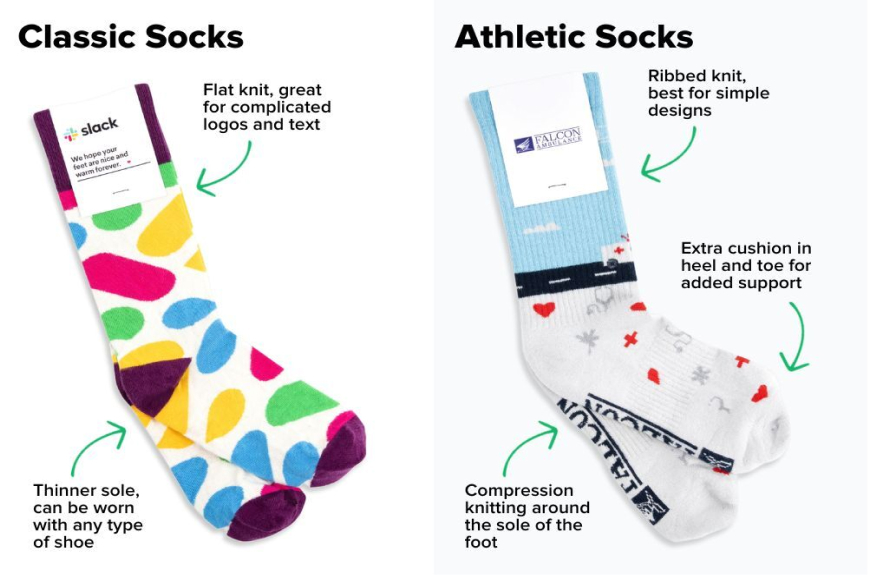Ankle sprains are a common injury that can occur during sports or everyday activities. When faced with a sprained ankle, many people wonder about the best ways to support and promote healing. One option that often comes up is the use of compression socks. But are they really effective for this type of injury? Let's explore the potential benefits and considerations of using compression socks for a sprained ankle.
What is a Compression Sock?
Compression socks are specially designed garments that apply pressure to the legs and feet. They're often used to improve blood circulation and reduce swelling. While traditionally associated with trendy athletic wear, compression socks have gained popularity for their potential therapeutic benefits.
How Compression Socks Work
The principle behind compression socks is simple: they provide graduated pressure, with the highest compression at the ankle and decreasing pressure moving up the leg. This design helps promote blood flow back to the heart and can reduce fluid buildup in the affected area.
Benefits for Sprained Ankles
When it comes to sprained ankles, compression socks can offer several potential benefits:
Reduced Swelling: The pressure from the sock can help minimize swelling, which is a common symptom of ankle sprains.
Improved Circulation: Better blood flow can aid in the healing process by delivering more oxygen and nutrients to the injured area.
Support and Stability: Compression socks can provide a degree of support to the injured ankle, which may help prevent further injury.
Pain Relief: Some people find that the pressure from compression socks helps alleviate pain associated with their sprain.
Considerations and Precautions
While compression socks can be beneficial, it's important to use them correctly. According to Mayo Clinic, it's crucial to choose the right size and level of compression. Socks that are too tight can actually impede circulation and cause discomfort.
It's also worth noting that compression socks should not be seen as a replacement for proper medical treatment. The Mayo Clinic Health System advises that for moderate to severe sprains, it's important to seek medical attention and follow a proper treatment plan, which may include rest, ice, compression, and elevation (RICE).
Choosing the Right Compression Sock
If you decide to try compression socks for your sprained ankle, it's important to choose the right type. Look for socks made from high-quality materials that provide both comfort and effective compression. Some people prefer custom athletic socks that can be tailored to their specific needs and preferences.
Wrapping Up
Compression socks can be a helpful tool in managing a sprained ankle, particularly when it comes to reducing swelling and providing support. However, they should be used as part of a comprehensive treatment plan and not as a standalone solution. If you're considering using compression socks for a sprained ankle, it's always best to consult with a healthcare professional first. And remember, whether you're looking for custom socks for therapeutic purposes or just for style, there are plenty of options available to suit your needs.


